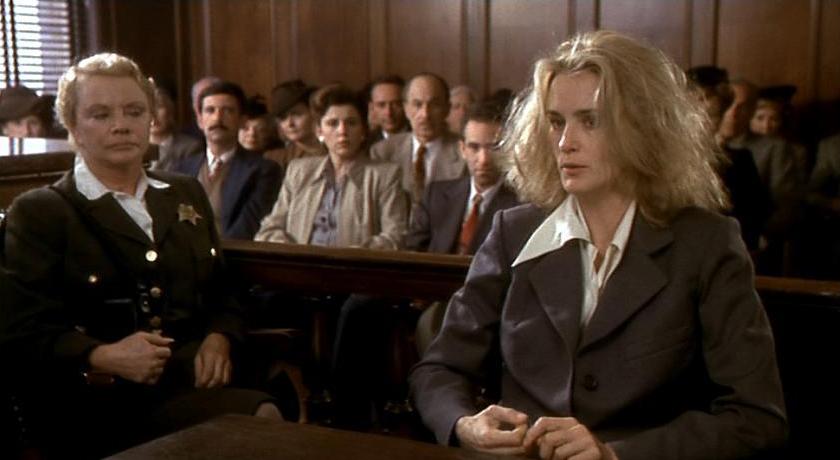
 |
| Photo © 1982 Universal Pictures/Brooksfilms |
| Academy Award Nominations: | |
| Best Actress: Jessica Lange | |
| Best Supporting Actress: Kim Stanley | |
| Golden Globe Nominations: | |
| Best Actress (Drama): Jessica Lange | |
| Best Supporting Actress: Kim Stanley | |
| Permalink | Home | 1982 | ABC | Blog |